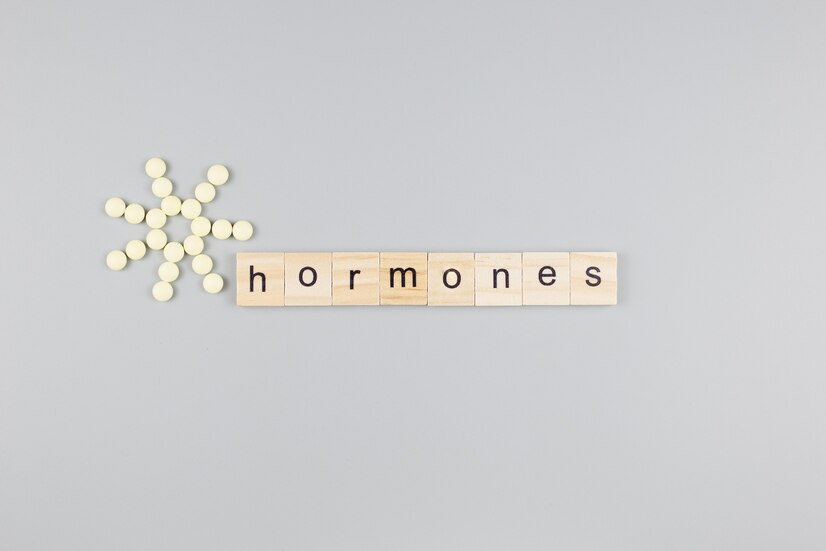
Attention-Deficit/Hyperactivity Disorder (ADHD) has long been stereotyped as a childhood condition, often associated with hyperactive boys. However, for countless women, ADHD remains an invisible force shaping their lives, often misdiagnosed or ignored entirely. Unlike men, women face hormonal fluctuations, societal pressures, and emotional burdens that intensify ADHD’s challenges. These factors not only affect their daily functioning but also contribute to a higher risk of anxiety, depression, and other mental health issues. By shedding light on the nuances of ADHD in women, we can break the cycle of underdiagnosis and provide the support they desperately need.
Table of Content:-
To understand ADHD in women, OnlyMyHealth interacted with Dr Sandra Kooij, Professor of Adult ADHD, Amsterdam University Medical Center, Netherlands, and Jo Ostlund, Director, Pearson Clinical.
The Impact of ADHD on Women’s Mental Health
Dr Kooij said, “Women with ADHD are significantly more prone to anxiety and depression.” These conditions may arise as a consequence of ADHD symptoms, or they could co-occur independently. ADHD can magnify everyday challenges, such as organisation, focus, and time management, leading to chronic stress, feelings of inadequacy, and burnout.
Dr Kooij said that women often internalise their struggles, resulting in a mental health landscape where anxiety and depression thrive. Moreover, women with ADHD frequently experience premenstrual mood changes and are more vulnerable to Seasonal Affective Disorder (SAD), particularly in regions with limited daylight. The cyclical nature of hormonal changes intensifies these mood disruptions, making ADHD a deeply layered condition for many women.
Hormonal Cycles and ADHD Symptoms

Hormones play a pivotal role in ADHD symptom expression among women. According to Dr Kooij, oestrogen, which interacts closely with dopamine, a neurotransmitter already deficient in individuals with ADHD, directly affects mood, memory, and cognitive abilities. During significant hormonal shifts, such as the premenstrual, postnatal, and perimenopausal phases, ADHD symptoms can spike.
Women with ADHD report a two- to threefold increase in mood-related symptoms during these periods due to the steep drop in oestrogen levels. “Perimenopause, which involves a prolonged decrease in oestrogen, poses particularly severe challenges as hormonal levels never fully recover. These fluctuations not only exacerbate ADHD symptoms but also impair emotional regulation, decision-making, and cognitive performance,” Dr Kooij said.
Also read: Alia Bhatt Reveals Having Attention Deficit Disorder; Signs And Symptoms To Look Out For
Misconceptions and Underdiagnosis
ADHD in women often goes unrecognised or is misdiagnosed due to widespread misconceptions. The condition is traditionally associated with hyperactivity in children, leading to a failure to identify the inattentive or internalised symptoms more commonly seen in females.
Screening for ADHD, particularly in adulthood or during perimenopause is essential. As Dr Kooij explains, distinguishing ADHD from menopausal symptoms requires identifying its childhood onset and lifetime persistence. Symptoms such as inattention, impulsivity, and mood swings can appear similar to menopausal complaints but stem from distinct neurodevelopmental origins.
Addressing ADHD Symptoms in Women

Treatment strategies tailored to women with ADHD can significantly alleviate their challenges. Dr Kooij emphasised the importance of both medication and hormonal interventions. Adjusting stimulant ADHD medications during premenstrual phases can reduce depression, while hormone replacement therapy may address mood swings, hot flashes, and related physical symptoms.
In addition to medical treatments, Jo Ostlund talked about the importance of holistic approaches, including cognitive behavioural therapy (CBT) and mindfulness practices, which can help women manage their symptoms and improve emotional regulation.
Also read: ADHD In Adults: Doctor Shares Effective Tips To Manage It
Breaking Barriers and Raising Awareness
The lack of awareness about ADHD in women perpetuates underdiagnosis, depriving many of effective treatment. By understanding the interplay of ADHD, hormones, and mental health, healthcare providers can create more comprehensive diagnostic and treatment frameworks.
ADHD is not just a childhood condition or a male-dominated disorder, it is a lifelong challenge for many women. Recognising the unique ways it manifests in women is essential for fostering greater empathy, support, and solutions. Raising awareness and providing timely interventions can help women with ADHD lead more balanced and fulfilling lives.
Read Next
Neha Bhasin Opens Up About Struggle With Premenstrual Dysphoric Disorder; Symptoms To Look Out For
How we keep this article up to date:
We work with experts and keep a close eye on the latest in health and wellness. Whenever there is a new research or helpful information, we update our articles with accurate and useful advice.
Current Version